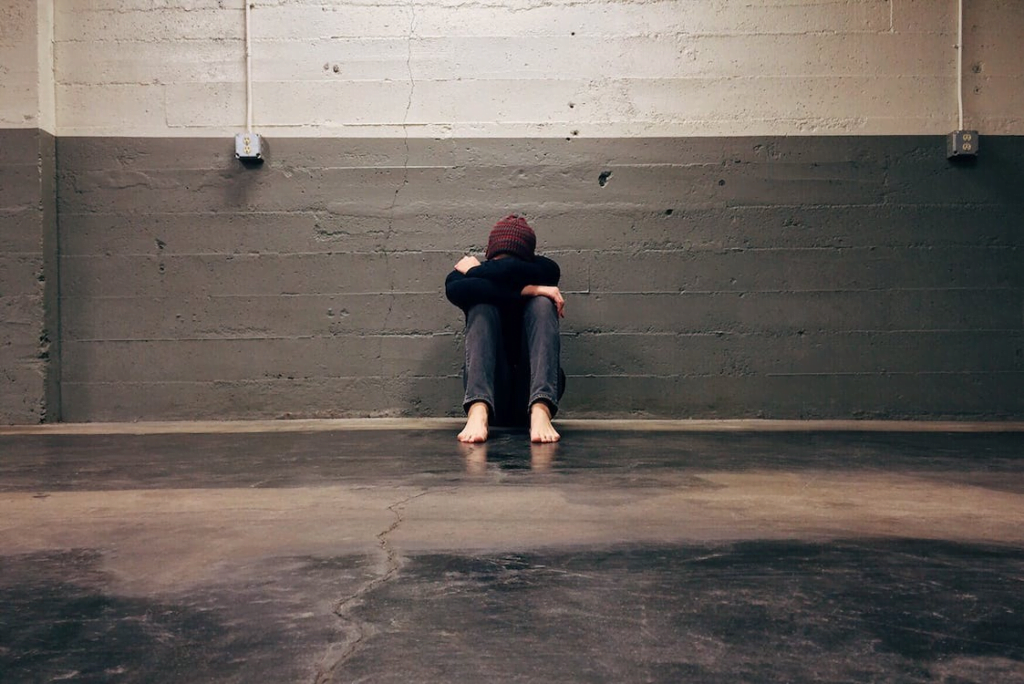Depression and suicidal ideation are primarily mental health concerns that can have a significant impact on a person’s life. Genetics, environment, and life experiences are all elements that might contribute to these diseases. There are, nevertheless, ways to prevent and overcome them. In this post, we will look at several methods to prevent depression and suicidal ideation.
- Seek Professional Help: Seeking professional counseling is the first and most critical step in avoiding depression and suicidal thoughts. A mental health expert can assist you in comprehending and managing your emotions, thoughts, and behaviors. They can provide you with coping techniques, counseling, medication, or a mix of these. It is critical to select a professional that is licensed and skilled in treating depression and suicidal thoughts.
- Build a Support Network: A solid support network is essential for preventing sadness and suicidal thoughts. This might be family, friends, coworkers, or a support group. These individuals can offer emotional support, comprehension, and encouragement. It is critical to talk honestly with them and to seek their assistance when necessary.
- Practice Self-Care: Self-care is critical in the prevention of depression and suicidal ideation. This might include taking care of your physical health by eating a nutritious diet, getting adequate rest, and exercising on a regular basis. It can also include taking care of your mental health through relaxing techniques such as meditation or yoga, participating in hobbies or activities that you love, and avoiding stress.
- Identify Triggers: It is critical to identify the factors that contribute to depression and suicidal thoughts in order to avoid them. Stressful events, unpleasant thoughts, or certain individuals or locations can all be triggers. You can avoid or control these triggers after you’ve identified them.
- Practice Positive Thinking: Positive thinking can help avoid sadness and suicidal ideation. Focusing on happy ideas and experiences, practising gratitude, and turning negative thoughts into positive ones are all part of this process. Positive thinking can also aid in the development of resilience and coping abilities.
- Get Involved in Meaningful Activities: Participating in meaningful activities can help reduce sadness and suicide ideation. Volunteering, participating in hobbies or sports, or engaging in creative activities might all fit under this category. These activities can offer a feeling of purpose and fulfillment while also assisting in the development of social connections.
- Avoid Alcohol and Drugs: Alcohol and drugs can exacerbate sadness and suicidal ideation. It is critical to avoid or restrict these substances, and to get treatment if you are addicted.
- Practice Mindfulness: Being present and aware of your thoughts, feelings, and environment is what mindfulness entails. This can assist to alleviate tension and anxiety while also improving general well-being. Mindfulness practices might include meditation, deep breathing, or just focusing on the present moment for a few minutes each day.
- Stay Connected: Maintaining contact with people is critical in preventing despair and suicidal thoughts. Maintaining social contacts, attending social events, or joining a support group can all help. Staying connected may create a sense of belonging while also aiding in the development of resilience and coping abilities.
- Know When to Seek Help: If you are suffering from depression or suicidal thoughts, it is critical to know when to get professional treatment. Seeking treatment if you are experiencing chronic emotions of depression, hopelessness, or worthlessness, or if you are considering self-harm or suicide. It’s critical to remember that there’s no shame in getting assistance and that there are options to aid you.
Finally, sadness and suicide ideation can be major mental health concerns that need expert assistance. Building a support network, practicing self-care, identifying triggers, practicing positive thinking, getting involved in meaningful activities, avoiding alcohol and drugs, practicing mindfulness, staying connected, and knowing when to seek help are all strategies that can help prevent and manage these conditions.



Nice!
I in addition to my buddies appeared to be looking through the excellent helpful hints from your website then unexpectedly got a horrible suspicion I had not thanked the website owner for those techniques. All the ladies ended up absolutely happy to see them and already have surely been having fun with those things. Many thanks for genuinely indeed considerate and also for using some notable useful guides millions of individuals are really needing to know about. My very own sincere apologies for not saying thanks to you sooner.
Thanks for the suggestions you have provided here. Another thing I would like to talk about is that pc memory demands generally increase along with other improvements in the engineering. For instance, when new generations of processor chips are introduced to the market, there is certainly usually a corresponding increase in the shape preferences of all laptop memory along with hard drive space. This is because the software program operated simply by these processor chips will inevitably rise in power to make new technology.
This is a well-researched and informative piece. I appreciate the effort you put into presenting the information in a clear and concise manner.